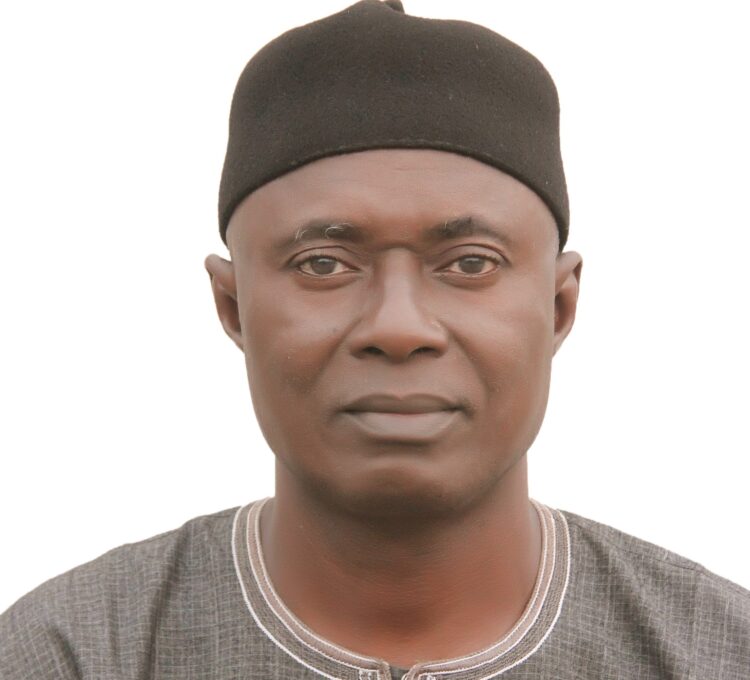In about two weeks since the Nigerien coup plotters first placed President Mohammed Bazoum under house arrest and thereafter announced his overthrow, the Economic Community of West African States (ECOWAS) is once again meeting on Thursday, August 10, 2023 to further discuss new approaches that would compel the coupists led by the military junta and head of the presidential guards of Niger, Abdourahamane Tchiani, to reverse their unconstitutional action.
In spite of all the reasons advanced by the ECOWAS leadership to justify its intervention in resolving the on-going political impasse in the Republic of Niger, the ECOWAS Authority of Heads of State and Government is conscious of the fact that force is only to be used when all else fails to yield results or the coupists remain recalcitrant. It is because Nigeria’s President Bola Ahmed Tinubu, as the chairman of the ECOWAS, believes in exploring the options of diplomacy and economic sanctions that he sent a three-man delegation which comprised of the former Head of State, General Abdulsalami Abubakar (Rtd), Sultan of Sokoto, Alhaji Muhammad Sa’ad Abubakar III, and President of the ECOWAS Commission, Omar Alieu Touray, to Niamey on Thursday, August 3, 2023. Also, believing in the use of force as the last option for restoring constitutional order in the Republic of Niger, President Tinubu yet sent a separate delegation led by Ambassador Babagana Kingibe to engage leaders of Libya and Algeria on the crisis in the Niger Republic.
To further make the force option the last resort, the ECOWAS Committee of Chiefs of Defence Staff (CDS) rose from its three-day meeting in Abuja on Friday August 3, 2023 with a declaration from Nigeria’s CDS and President of the Committee, General Christopher Musa, that “dialogue and negotiations should be at the forefront of our approach in resolving the crisis in the Republic of Niger.” The Senate of the Federal Republic of Nigeria is similarly treading the path of making the force option to be the last resort for ECOWAS interventions to end the crisis in Niger Republic.
The position of proponents of the military option as the last resort when all other means fail to resolve the crisis in Niger Republic derive from the universal consensus that the worst democracy is better than the best military government. Besides, for any form of government to earn credibility, it should emerge through legitimate means. No matter how less controversial the Abdourahamane Tchiani-led coup has been or no matter how popular it was received by some Nigerien citizens, such does not legitimize or justify the seizure of power from a government that emerged through legitimate electoral process.
There are several reasons to explain why the options of diplomacy and dialogue must be explored before the leadership of ECOWAS resort to using any form of force in Niger Republic. For example, the long historical ties and the socio-cultural bonds between Niger and Nigeria are too deep-seated to be ordinarily destroyed when other options other than force are available. The linguistic links and the close proximity between the two countries are also dear to citizens of both countries. Niger is the best of the four neighbours with which Nigeria shares geographical borders.
Any military action that is undertaken as a last resort should never be seen as an “attack on Niger Republic” as some people are saying, but as an effort to help the country to get rid of illegitimate military rule. Nothing more than that. We all hope and pray it does not come to that, but any action ECOWAS takes should help instead of harm the very cordial historical ties between Nigeria and Niger Republic.
Professor Ndagi is of the University of Abuja









